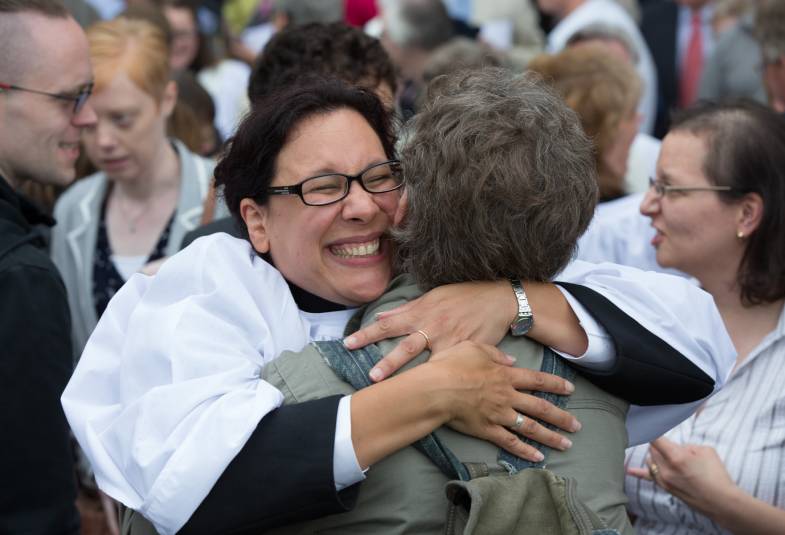
Our task as the National Ministry Team is to renew lay and ordained ministry throughout the Church of England. We do this by providing advice and support to dioceses, the Church of England’s Bishops, and numerous Theological Education Institutions.
We oversee the selection, training and deployment of ordained ministers, ensuring the Church is well equipped to serve God in living out its mission for many generations to come.
We’re supporting dioceses to develop proactive plans to grow vocations to ministry, by sharing good practice, ensuring proper resourcing and providing quality training for DDOs and advisers.
Our work is guided by the vision for ministry agreed by the House of Bishops and articulated in Ministry for a Christian presence in every community.
The Ministry Development team
- Director of Ministry Development: Nick McKee ([email protected])
- PA to Director & Events Manager: Husna Louise ([email protected])
- National Deaf Ministry Adviser: Gill Behenna ([email protected])